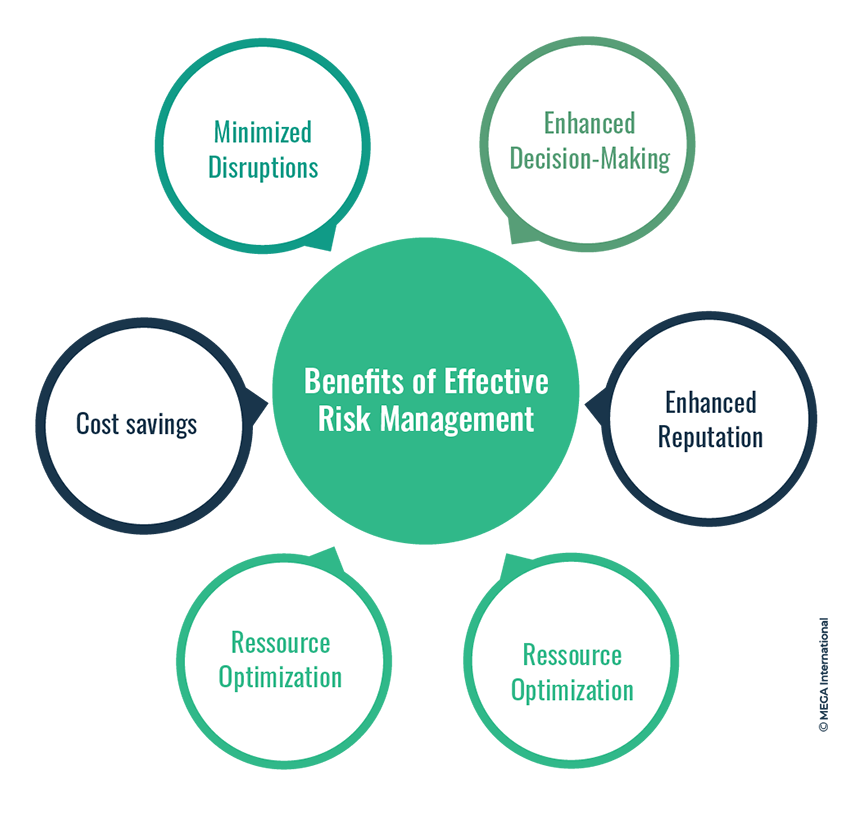The Relevance of Recognizing the Value of Risk Management in Various Industries

The Core Idea of Risk Management and Its Purpose
Risk Management, the cornerstone of numerous markets, rests on the recognition, assessment, and mitigation of unpredictabilities in a service setting. It is an important technique that allows organizations to secure their properties, credibility, and total survival. By properly recognizing possible risks, businesses can create techniques to either protect against these risks from occurring or decrease their effect. The evaluation procedure entails assessing the possibility and prospective intensity of these threats. The mitigation procedure includes designing approaches to lower their possible effect when risks have been identified and evaluated. This procedure is cyclical and recurring, guaranteeing that companies are prepared for the ever-changing nature of Risk in various industries. The main purpose, therefore, is to foster strength in the middle of unpredictabilities.
Advantages of Implementing Risk Management in Service Procedures

Unveiling the Duty of Risk Management in Different Industries
While every sector confronts its distinct set of dangers, the application of Risk Management techniques stays a common measure in their quest of sustainability and development. In the health care field, Risk Management requires making sure patient safety and security and data security, while in money, it entails mitigating investment threats and guaranteeing governing compliance (importance of risk management). Building business concentrate on employee safety, job delays, and spending plan overruns. In the technology market, firms mitigate cybersecurity risks and innovation obsolescence. Ultimately, the function of Risk Management throughout industries is to identify, assess, and alleviate dangers. It is a vital element of critical preparation, making it possible for companies to shield their properties, make best use of possibilities, and attain their purposes.
Real-life Case Researches Demonstrating Effective Risk Management
To comprehend the significance of Risk Management in these lots of markets, one can look Discover More to numerous real-life circumstances that illustrate the successful application of these procedures. In the power field, British Oil established Risk mitigation plans post the 2010 Gulf of Mexico oil spill. They applied far better safety and security treatments and more stringent policies which significantly minimized additional crashes. In finance, Goldman Sachs efficiently navigated the 2008 financial situation by determining prospective mortgage-backed safety and securities dangers early. Toyota, publish the 2011 quake in Japan, changed its supply chain Management to decrease interruption risks. These cases show exactly how industries, discovering from dilemmas, effectively used Risk Management methods to decrease future dangers.
Future Trends and Advancements in Risk Management Methods
Cybersecurity, as soon as a peripheral issue, has catapulted to the center of Risk Management, with methods concentrating on prevention, feedback, and discovery. The integration of ESG (Environmental, Social, Administration) aspects into Risk Management is one more growing trend, showing the boosting recognition of the role that environmental and social dangers play in organization sustainability. Thus, the future of Risk Management lies in the blend webpage of advanced modern technology, innovative techniques, and a holistic method.
Verdict
In conclusion, recognizing the importance of Risk Management throughout a spectrum of markets is essential for their long life and prosperity. Tailored strategies can aid minimize prospective dangers, guard assets, and foster stakeholder trust fund. Additionally, proactive decision-making aids in regulatory conformity and enhances resource usage. Eventually, effective Risk Management adds to much more sustainable and resistant companies, highlighting the value of this method in today's dynamic and highly competitive service setting.
While every industry challenges its unique set of threats, the execution of Risk Management techniques stays a common denominator in their pursuit of sustainability and development. In the medical care industry, Risk Management entails guaranteeing individual security and data protection, while in money, it entails mitigating investment risks and ensuring governing conformity. Eventually, the role of Risk Management throughout industries informative post is to identify, assess, and minimize dangers. These situations demonstrate how industries, learning from situations, properly used Risk Management approaches to minimize future risks.
